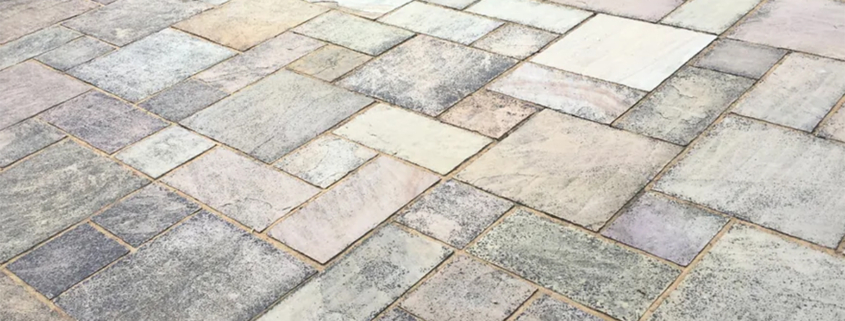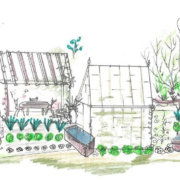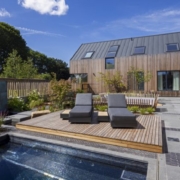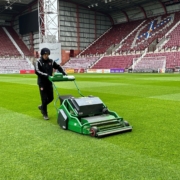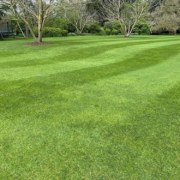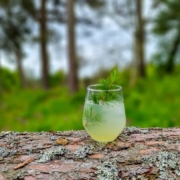The patio cleaning myth homeowners should stop believing
The patio cleaning myth homeowners should stop believing: Garden experts are warning homeowners to prepare their patios and pathways before the cold sets in, or risk seeing their outdoor spaces covered in algae and organic staining.
With the Royal Horticultural Society (RHS) reporting that 42% of domestic garden space is now paved over, including more than half of all front gardens, millions of patios could face seasonal staining and surface damage if left untreated.
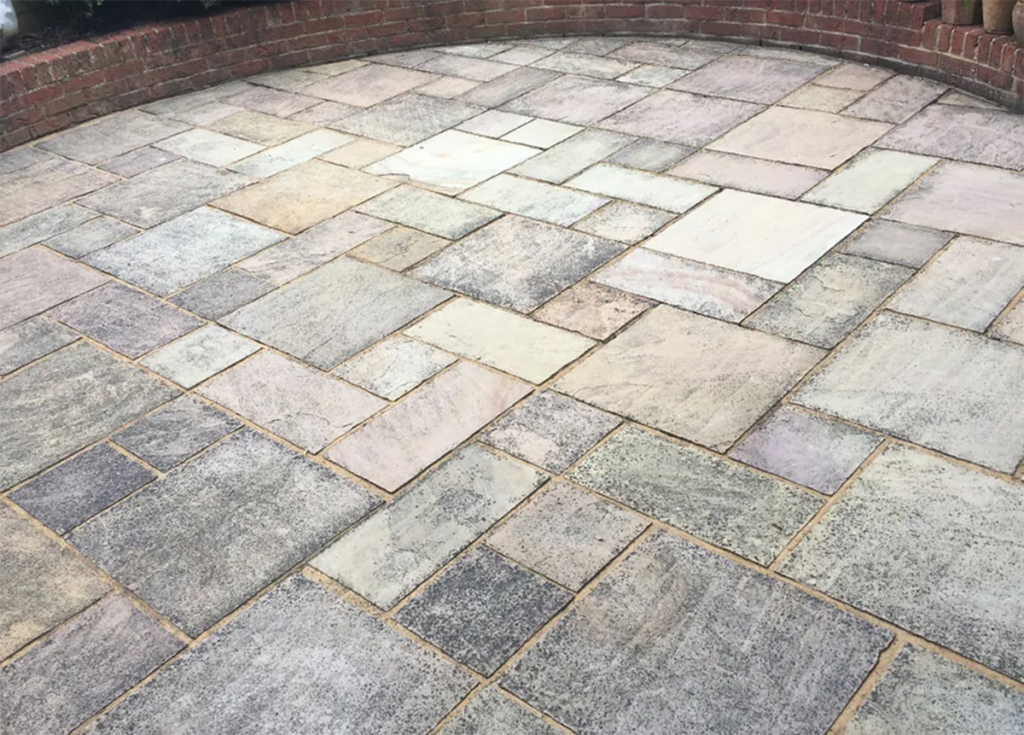
The patio cleaning myth homeowners should stop believing
According to Patio Black Spot Removal Company, organic growth such as green algae, moss and black lichen affects all types of paving, regardless of material or age. However, natural stone surfaces tend to show it more clearly due to their texture and porosity.
“It’s a common misconception that sealing your patio prevents algae growth, it doesn’t,” explains Alex Essex, Managing Director at Patio Black Spot Removal Company. “Most sealers are microporous, organic growth such a lichen can still grow within the stone. During wet periods, algae will thrive, sealers won’t stop this and can be expensive, needing to be re-applied every few years. Instead, prevention starts with good patio design, proper drainage, avoiding puddling, and allowing sunlight to reach the surface.”
Ranked: Garden surfaces most prone to organic staining
| Material | Porosity | Organic Retention | Resistance Factor | Weighted Score |
| Limestone | 10 | 9 | 9 | 9.4 |
| Indian Sandstone | 9 | 9 | 8 | 8.8 |
| Travertine | 8 | 9 | 7 | 8.4 |
| York Stone | 7 | 8 | 7 | 7.4 |
| Slate | 6 | 7 | 8 | 6.8 |
| Concrete | 6 | 6 | 7 | 6.4 |
| Granite | 4 | 3 | 5 | 3.8 |
| Porcelain | 1 | 2 | 2 | 1.6 |
Natural stone surfaces – limestone, sandstone, travertine, York stone, granite & slate:
Natural stones are visually appealing and timeless, but they do need a little more attention in the wetter months. Their porous nature means organic matter can settle and stain if not maintained.
Key risks: High porosity, shading, and poor drainage encourage organic staining.
Prevention tips:
- Ensure adequate drainage – patios should be laid with a slight fall to prevent water pooling.
- Trim back hedges and trees to increase sunlight exposure.
- Sweep regularly and apply a spray-and-leave algae remover during winter to keep growth under control.
- Avoid harsh chemicals or acidic cleaners which can damage natural stone and cause orange staining.
“Natural materials like limestone and sandstone shouldn’t be avoided,” adds Alex. “They’re some of the most beautiful paving options available. With simple, sustainable maintenance, they’ll last far longer than many modern alternatives.”
Artificial surfaces – concrete, porcelain & resin-bound paving:
Artificial or engineered materials tend to be denser and less porous, making them easier to maintain through winter.
Key risks: While less prone to deep staining, algae can still form on the surface, particularly in shaded or damp areas.
Prevention tips:
- Keep surfaces clean and free of organic debris.
- Use a mild detergent or algae remover as needed.
- Check drainage channels and edging to ensure water runs off efficiently.
“Porcelain and resin-bound paving offer low-maintenance options that resist staining and frost,” says Alex. “But they’re also relatively new materials. Natural stone, when cared for properly, has proven its durability for centuries.”
Beyond appearance, Alex highlights the importance of using gentle, eco-conscious cleaning methods.
“Using non-toxic, stone-safe cleaners protects not only your patio but the wildlife around it,” he explains. “Strong detergents and acidic products can harm soil life and pollinators. Eco-friendly ‘spray-and-leave’ solutions allow homeowners to maintain their patios safely throughout winter, with minimal effort and maximum benefit.”
Top tips to prevent organic staining this winter
- Check drainage: Ensure water runs off into beds and doesn’t puddle.
- Increase sunlight: Cut back overgrown plants and trees.
- Keep it clean: Sweep regularly and remove fallen leaves.
- Use eco-friendly algae removers: Apply throughout winter as needed.
Avoid harsh chemicals and unnecessary sealers.
For the latest industry news visit landscapingmatters.co.uk/news
Get all of the big headlines, pictures, opinions and videos on stories that matter to you.
Follow us on Twitter and Instagram for fun, fresh and engaging content.
You can also find us on Facebook for more of your must-see news, features, videos and pictures from Landscaping Matters


